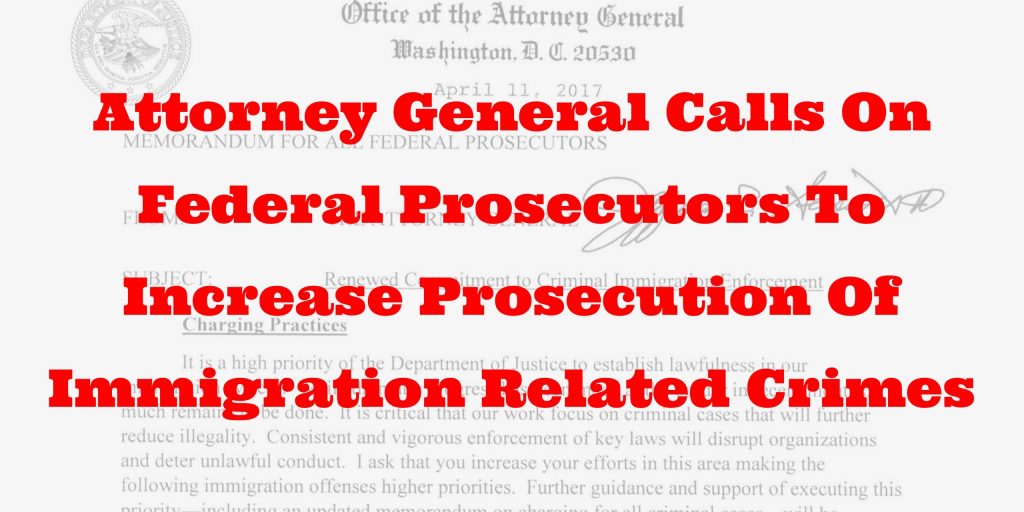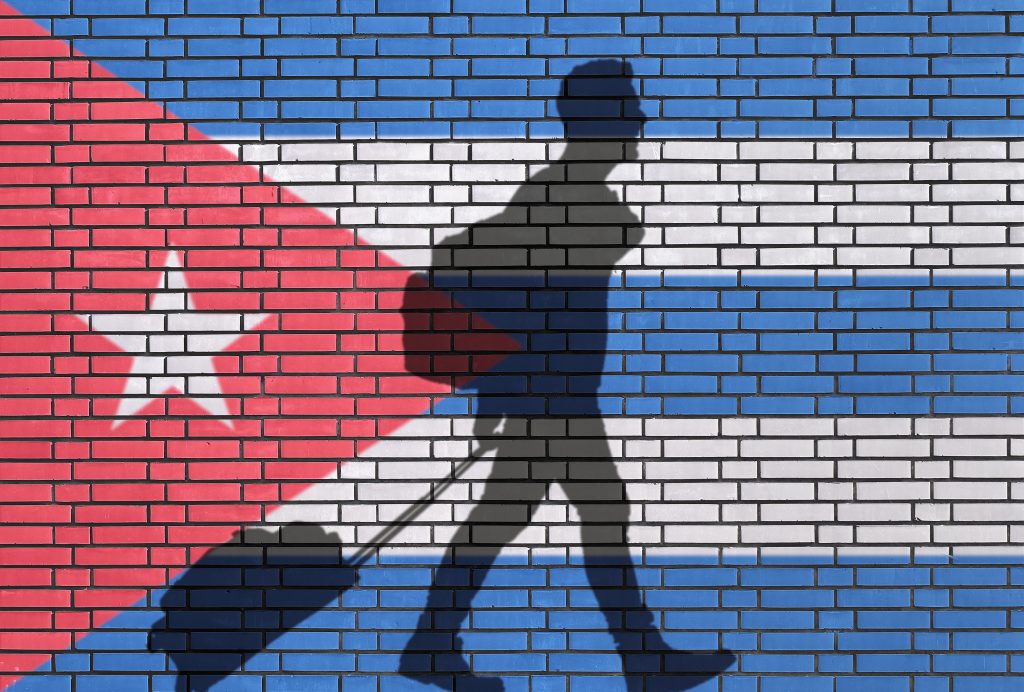Congratulations! You recently got married and your new spouse is a U.S. citizen, but you are not. One of the first questions on your mind may be: how do I get my green card now that I am married to a citizen? The answer could be fairly simple—or quite complex. No matter what your situation, if you marry a U.S. citizen and want to adjust your status (become a lawful permanent resident) go see an experienced and trusted immigration attorney for a consultation. https://www.slgattorneysflorida.com/john-gihon.html
Many experienced and knowledgeable immigration attorneys may charge you a nominal fee for the consultation, but it is definitely worth it. Remember the old saying, “you get what you pay for,” well that is usually the case with free advice from attorneys. An attorney who charges you a consultation fee will likely spend more time preparing for and with you during the consultation. An attorney who gives you a free consultation may not want to spend anymore time with you or talking to you then they have too, remember, an attorney’s time and knowledge is their money.
Now back to how to try and get your green card now that you are married to a U.S. citizen. My guidance will start with the premise that you and your new spouse married for love and not solely for an immigration benefit—this is not a “how to engage in marriage fraud” piece. Still, be sure to document your new life together, or as we say in the field, gather evidence that you have “co-mingled” your lives. That means if you have not already open a joint bank account that you will put money into and use for marital expenses, do it now. Add each other to car insurance, life insurance, health, dental, vision insurance and retirement accounts. If you buy a house or apartment or condo, make sure both of your names are on the deed and mortgage. If you rent, make sure your existing lease is amended to add your spouse and any new lease has both of your names on it. Add your spouse to your credit cards or open new ones in both names. If you have utility, cable, and cell phone bills, add your spouse’s name. Every piece of paper, bill, or invoice that you can produce, post-marriage, that has both of your names and your marital address on it, will go a long way to convincing the immigration officers that your marriage is real and not solely for immigration purposes.

 Florida Immigration Lawyer Blog
Florida Immigration Lawyer Blog




 President’s Obama’s January 12, 2017 announcement about Cuban immigration policy changed the landscape for Cuban nationals. Along with all the official changes announced on January 12, 2017 on this subject, there was another document that contains two very important, but often overlooked paragraphs. The United States and Cuba released a “Joint Statement of the United States and Cuba on Changes to Migration Relationship with Cuba.” This statement contained two very interesting paragraphs that will effect not only Cubans coming to the U.S. on or after January 12, 2017, but Cubans who may have been in the U.S. for decades and already have a final order of removal/deportation, or will receive one in the future. This first paragraph is number 5 and it talks about the infamous Cuban “Repat List” that ICE keeps locked up in a safe somewhere in South Florida:
President’s Obama’s January 12, 2017 announcement about Cuban immigration policy changed the landscape for Cuban nationals. Along with all the official changes announced on January 12, 2017 on this subject, there was another document that contains two very important, but often overlooked paragraphs. The United States and Cuba released a “Joint Statement of the United States and Cuba on Changes to Migration Relationship with Cuba.” This statement contained two very interesting paragraphs that will effect not only Cubans coming to the U.S. on or after January 12, 2017, but Cubans who may have been in the U.S. for decades and already have a final order of removal/deportation, or will receive one in the future. This first paragraph is number 5 and it talks about the infamous Cuban “Repat List” that ICE keeps locked up in a safe somewhere in South Florida: